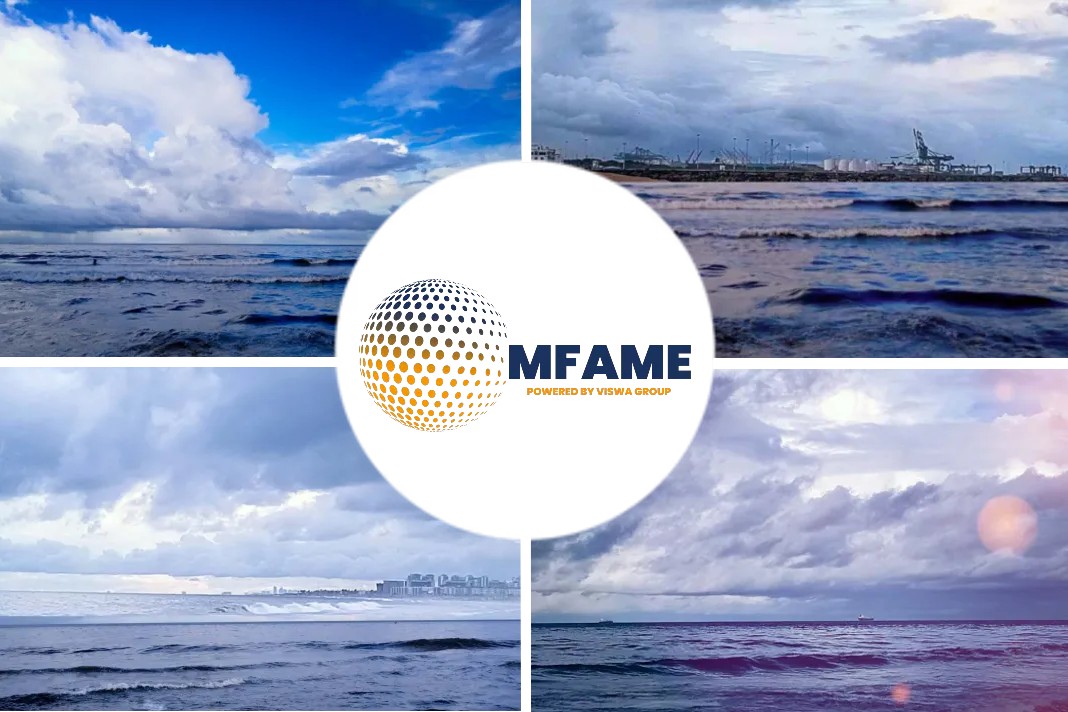- Tourism businesses that were just finding their footing after nearly two years of devastation wrought by the COVID-19 pandemic are being rattled again as countries throw up new barriers to travel in an effort to contain the omicron variant.
- The pandemic already caused foreign tourism in Japan to shrink from 32 million visitors in 2019 to 4 million last year, a trend that has continued through this year.
- Travel executives argue that government decisions about restrictions should wait until more is known about omicron, but they admit it’s a difficult call.
Tourism firms that were just getting back on their feet after nearly two years of destruction caused by the COVID-19 epidemic are being shaken once more as countries erect additional travel obstacles in an attempt to limit the omicron strain as reported by ABC News.
Renewed restrictions
A familiar dread is rising about the renewed restrictions, from retail areas in Japan and tour guides in the Holy Land to ski resorts in the Alps and airlines all around the world.
On Wednesday, Abby Moore, a librarian and associate professor at the University of North Carolina at Charlotte, was set to go to Prague.
Moore, who decided to reschedule her trip to March, said, “I wasn’t really concerned about my trip until the Czech Republic started what looked like a mini-lockdown process.”
The US government has blacklisted most foreign nationals who have recently visited any of eight southern African countries, less than a month after drastically loosening incoming international travel restrictions.
While it is unclear where the mutation originated, it was discovered by South African scientists last week, and numerous countries, including the European Union and Canada, have imposed travel restrictions on people from the region.
Government on tourism
Despite the widespread concern, little is known about omicron, including if it is more contagious, produces more serious illness, or is immune to immunizations.
Governments who were sluggish to respond to COVID-19’s initial wave are ready to learn from their experiences.
“Every time there has been a variance, (leisure travel) springs back fairly quickly as soon as everything clears up a little bit.”
After prohibiting most international visitors since early last year, the government only opened to tourists in November.
Local businesses in Bethlehem, the West Bank city recognised by Christians as the birthplace of Jesus, expect a boost from Christmas tourism.
“Everyone who made reservations for the next two weeks has cancelled,” said Michael Mufdi, the hotel’s manager. “Others are waiting to see what happens next.”
Foreign tourism
Foreign tourism in Japan has already decreased due to the pandemic, from 32 million tourists in 2019 to 4 million last year, a trend that has persisted this year.
Earlier this week, the country overturned a three-week-old relaxation of travel restrictions.
Hours have been imposed on restaurants and bars.
Except for a few local customers, vendors say there hasn’t been any business in months.
Frederic Plachesi, the proprietor of Tamboti lodge in Dinokeng Game Reserve in South Africa, is experiencing a similar drop in international guests.
Alpine ski resorts in Europe are concerned about how to meet demands such as guaranteeing that all skiers have been vaccinated or have recovered from infection and have tested negative for the virus.
“If you wait until you have all the data, it would most likely be too late to stop community spread since (the virus) is already here,” said Robert Jordan, Southwest Airlines’ incoming CEO.
Javier Barragan and his husband arranged a trip to Paris for later this month around a month ago.
They were worried when they heard about omicron, but they decided to go forward with the trip anyhow.
The way it was reported in the press, there was a sense of ‘Oh, is this getting any worse?’
They did, however, get travel insurance that will cover practically any reason for cancellation.
Did you subscribe to our newsletter?
It’s free! Click here to subscribe!
Source: ABC News
















